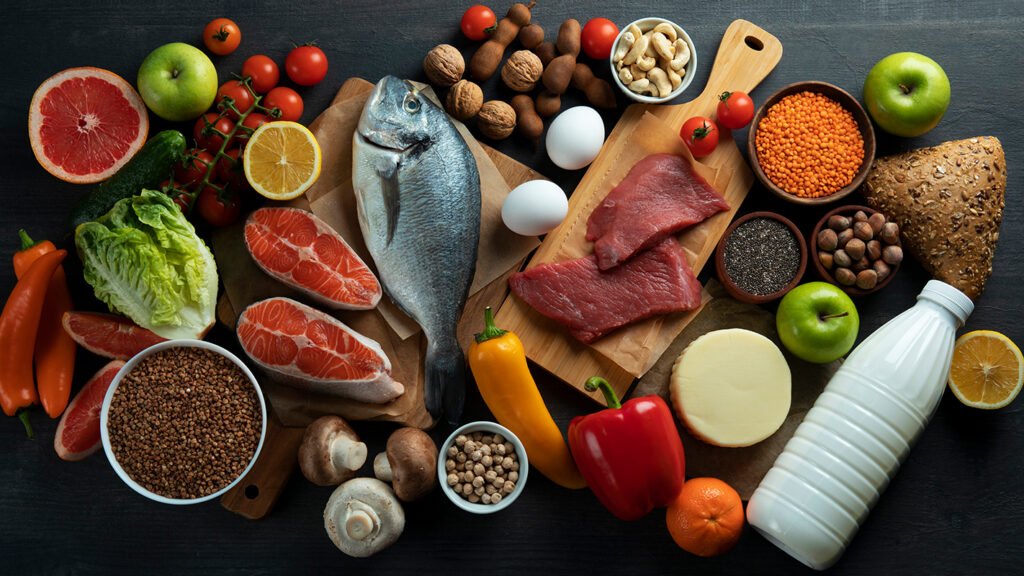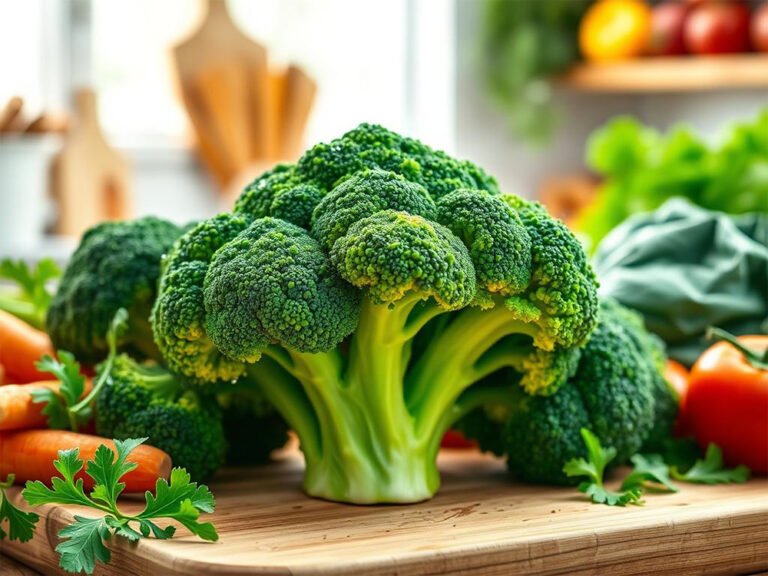The Best Fluffy Pancakes recipe you will fall in love with. Full of tips and tricks to help you make the best pancakes.
Protein And Muscle Repair | 6 Benefits Power Up Stronger And Healthy
Protein Is An Essential Macronutrient That Plays A Crucial Role In Maintaining Overall Health And Well-Being. It Supports Muscle Growth, Protein and Muscle Repair, And Function, And Is Vital For Various Bodily Processes. Whether You’re An Athlete, A Fitness Enthusiast, Or Simply Aiming To Improve Your Diet, Incorporating Protein-Rich Foods Can Provide Numerous Benefits. Here’s A Closer Look At Why Protein Is Important And Which Foods Can Help You Meet Your Protein Needs.
Table of Contents
Toggle1. The Importance Of Protein
Protein Is Composed Of Amino Acids, Which Are The Building Blocks Of Life. These Amino Acids Are Essential For Several Functions, Including:
“Muscle Repair And Growth” Protein Is Crucial For Repairing And Building Muscle Tissues, Making It Particularly Important For Those Engaged In Physical Training Or Recovery From Injury.
“Enzyme Production” Protein Act As Enzymes, Which Are Necessary For Biochemical Reactions In The Body.
“Immune Function” Protein Are Involved In The Production Of Antibodies That Help Protect Against Infections.
“Hormone Regulation” Some Hormones Are Proteins, Such As Insulin, Which Regulates Blood Sugar Levels.
“Cellular Function” Protein Are Integral To The Structure And Function Of Cells, Aiding In Cell Repair And Regeneration.
2. Top Sources Of Protein
Here Are Some Excellent Sources Of Protein, Each Offering Unique Benefits:
((Animal-Based Sources))
“Chicken Breast” A Lean Source Of Protein, Chicken Breast Provides Approximately 31 Grams Of Protein Per 100 Grams. It’s Low In Fat And Versatile For Various Dishes.
“Eggs” Eggs Are A Complete Protein Source, Meaning They Contain All Nine Essential Amino Acids. One Large Egg Provides About 6 Grams Of Protein.
“Fish” Fish Such As Salmon And Tuna Are Rich In Protein And Also Provide Healthy Omega-3 Fatty Acids. A 100-gram Serving Of Salmon Contains Around 20 Grams Of Protein.
“Greek Yogurt” Greek Yogurt Is A Protein-Packed Dairy Option, Offering About 10 Grams Of Protein Per 100 Grams. It’s Also High In Probiotics, Which Support Gut Health.
“Lean Beef” Lean Cuts Beef, Like Sirloin, Offer About 26 Grams Of Protein Per 100 Grams And Are Also Rich In Iron And B Vitamins, And Muscle Repair Supports.
((Plant-Based Sources))
“Legumes” Beans, Lentils, And Chickpeas Are Excellent Sources Of Protein. For Instance, Cooked Lentils Offer About 9 Grams Of Protein Per Half-Cup Serving.
“Quinoa” Quinoa Is A Complete Protein Source And Provides About 8 Grams Of Protein Per Cup Cooked. It’s Also Rich In Fiber And Various Vitamins, And Very Effective In Muscle Repair.
“Tofu” Made From Soybeans, Tofu Contains Approximately 8 Grams Of Protein Per 100 Grams. It’s A Versatile Plant-Based Protein That Can Be Used In Many Recipes.
“Nuts And Seeds” Almonds, Chia Seeds, And Hemp Seeds Are Protein-Rich Options. For Example, 28 Grams Of Almonds Provide About 6 Grams Of Protein.
“Edamame” Young Soybeans, Or Edamame, Provide About 11 Grams Of Protein Per 100 Grams And Are A Great Snack Or Addition To Meals.
3. Benefits Of A Protein-Rich Diet
Incorporating A Variety Of Protein Sources Into Your Diet Can Offer Several Advantages:
“Muscle Repair And Growth” Adequate Protein Intake Supports Muscle Development And Repair, Which Is Particularly Beneficial For Those Involved In Resistance Training Or Physical Exercise.
“Satiety And Weight Management” Protein Helps Keep You Feeling Full Longer, Which Can Aid In Weight Management By Reducing Overall Calorie Intake.
“Improved Metabolism” Protein Has A Higher Thermic Effect Compared To Fats And Carbohydrates, Meaning The Body Burns More Calories During Its Digestion And Metabolism.
“Bone Health” Some Protein-Rich Foods, Like Dairy Products, Also Provide Calcium, Which Supports Bone Health.
“Wound Healing” Protein Plays A Key Role In Wound Healing And Tissue Repair, Making It Important For Recovery From Injuries Or Surgeries.
4. Protein And Special Diets
Protein Is Important For Various Dietary Needs:
“Vegetarian And Vegan Diets” For Those Following Plant-Based Diets, Incorporating Diverse Sources Like Legumes, Tofu, And Quinoa Ensures Adequate Protein Intake. Combining Different Plant Proteins Can Help Achieve A Complete Amino Acid Profile.
“Athletic Performance” Athletes May Require Higher Protein Intake To Support Muscle Repair And Growth. Protein Shakes, Lean Meats, And Dairy Products Can Help Meet These Increased Needs.
“Older Adults” Protein Is Particularly Important For Older Adults To Maintain Muscle Mass And Prevent Sarcopenia (Age-Related Muscle Loss). Foods Like Lean Meats, Dairy, And Legumes Should Be Included In Their Diet.

5. Practical Tips For Including More Protein In Your Diet
“Start Your Day With Protein” Incorporate Protein-Rich Foods Such As Eggs Or Greek Yogurt Into Your Breakfast To Help Keep You Satisfied Throughout The Morning, Works To Muscle Repair.
“Snack Smart” Choose Snacks Like Nuts, Seeds, Or A Protein Bar To Meet Your Mid-Day Protein Needs.
“Plan Your Meals” Includes A Source Of Protein In Each Meal, Whether It’s Lean Meat, Fish, Legumes, Or Tofu, Very Effective In Muscle Repair.
“Experiment With Recipes” Try New Recipes That Feature High-Protein Ingredients, Such As Quinoa Salads, Lentil Soups, Or Chicken Stir-Fries.
“Supplement Wisely” If Needed, Consider Protein Supplements Like Whey Or Plant-Based Protein Powders To Meet Your Dietary Goals.
6. Scientific Insights
Studies Have Consistently Shown The Benefits Of A High-Protein Diet. For Instance, Research Published In *The American Journal Of Clinical Nutrition* Highlights That Increased Protein Intake Can Improve Muscle Mass, Muscle Repair, And Strength In Older Adults, Contributing To Better Physical Function And Quality Of Life (Source)
Additionally, A Review In *The Journal Of Nutrition* Indicates That Protein-Rich Diets Can Support Weight Management By Enhancing Satiety And Boosting Metabolic Rate (Source)
Conclusion
Protein Is A Vital Nutrient That Supports Numerous Bodily Functions And Overall Health. By Incorporating A Variety Of Protein-Rich Foods Into Your Diet, You Can Enjoy The Benefits Of Muscle Growth, Improved Metabolism, And Better Weight Management. Whether You Choose Animal-Based Or Plant-Based Sources, Ensuring You Get Adequate Protein Is Key To Maintaining A Balanced And Healthy Lifestyle.
By Paying Attention To Your Protein Intake And Selecting High-Quality Sources, You Can Optimize Your Health And Support Your Body’s Diverse Needs.



